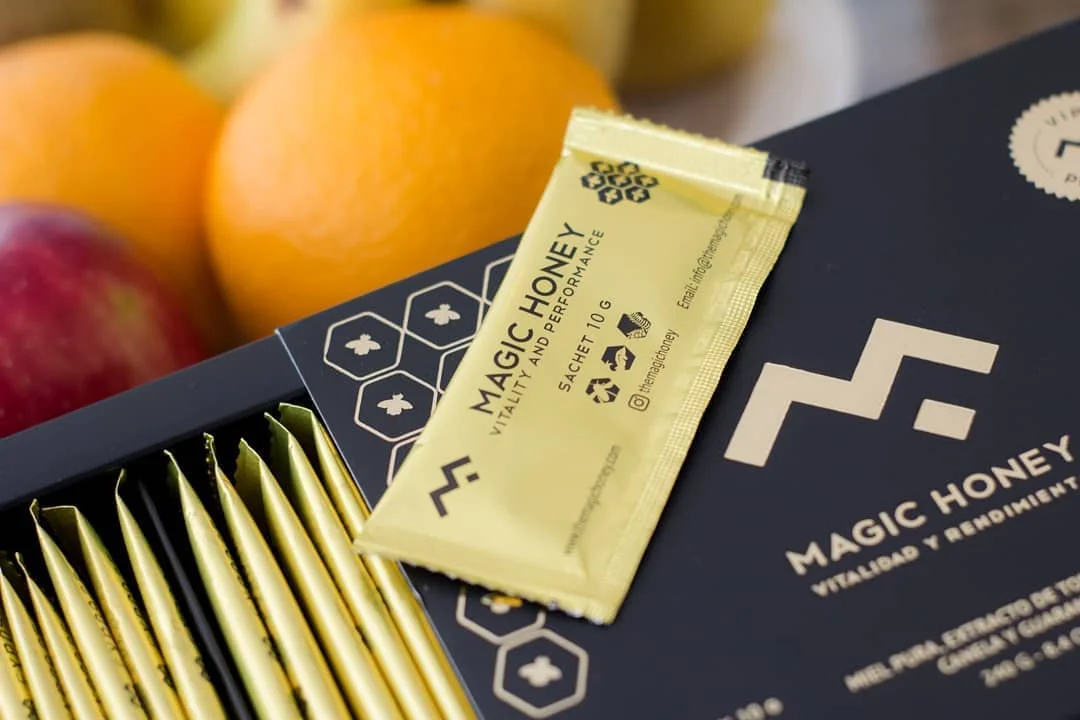Talking during sex The magic of words in intimacy
Talking during sex can be a powerful tool to enhance the intimate connection with your partner. Verbal communication in the bedroom not only helps to express desires and preferences, but can also increase arousal and create a more sensual and provocative atmosphere.
Benefits of Sexual Communication in Intimacy
Talking during sex brings multiple benefits that can enrich your sex life and strengthen your relationship:
- Enhances emotional connection: Expressing your feelings and desires can bring you closer to your partner, creating a deeper bond.
- Increase arousal: The right words can heighten arousal and make the experience more pleasurable.
- Direction and guidance: Allows you to communicate your preferences and direct your partner on what you like, improving mutual satisfaction.
- Disinhibition: Talking openly can help overcome inhibitions and increase confidence in the bedroom.
How to Start Talking During Sex
Initiating sexual communication can be intimidating at first, but with these steps you can make it easier:
- Choose the right moment: Start when both of you are relaxed and in an intimate environment.
- Start with compliments: Start with positive words and compliments about what you enjoy about your partner.
- Ask open-ended questions: Ask about what your partner likes and how you can improve the experience together.
- Listen and respond: Pay attention to your partner’s responses and adjust your actions accordingly.
Phrases and Expressions to Use in Bed
The right words can make a big difference during sex. Here are some phrases and words you can use:
- Compliments: “I love the way you look,” “You’re incredibly sexy.”
- Descriptions: “I like it when you do that,” “It feels so good when you touch me like that.”
- Wishes: “I want you to kiss me here”, “Make it harder/softer”.
- Encouragement: “Don’t stop”, “Keep going”.
Tips for Talking Dirty During Sex with Your Partner
Dirty talk can be an exciting form of sexual communication, but it’s important to do it properly:
- Set boundaries: Make sure you are both comfortable with the words and phrases used.
- Start gradually: Start with soft words and increase the intensity as they feel comfortable.
- Be respectful: Always remain respectful and make sure the words used are consensual and well received.
Talking vs. Silence: Expert Opinions
Experts have different opinions on whether it is better to speak or remain silent during sex:
- In favor of talking: Many sexologists suggest that verbal communication can enhance the sexual experience by expressing desires and increasing arousal.
- In favor of silence: Some experts believe that at certain times, silence can intensify physical sensations and allow for a deeper connection without distractions.
Overcoming Discomfort: How to Make It Natural
Talking during sex may be awkward at first, but with practice it becomes more natural:
- Practice during intimate moments: Start talking during intimate moments outside of bed to get used to it.
- Be honest and open: Express your insecurities to your partner and work together to overcome them.
- Keep a sense of humor: Don’t take yourself too seriously and let the situation flow naturally.
Pros and Cons of Talking During Sex
It is important to consider both the pros and cons of talking during sex:
Pros:
- Improves communication and emotional connection.
- Increases excitement and mutual satisfaction.
- Allows you to express desires and preferences.
Cons:
- It can cause discomfort if not done correctly.
- Risk of distraction and loss of concentration.
- Possible misunderstandings if not communicated clearly.
Improving Intimacy through Dialogue
Dialogue during sex can significantly improve intimacy:
- Build trust: Talking openly helps build mutual trust.
- Mutual exploration: Allows you to explore desires and fantasies together, creating new experiences.
- Strengthens the emotional bond: Constant and open communication strengthens the relationship in general.
The Magic of Words in Intimacy
When we are having an intimate moment, we often let our imagination run wild and that makes us not only want to express ourselves physically but also with words. In this way we can direct or simply show everything we feel. There are people who like to be spoken to softly in their ear while others prefer to be expressed openly and to be led to fly with the right words. Talking during sex often allows you to lose your inhibitions and show your partner the things you like and at the same time helps to maintain a rhythm and an approach in a more sensual way. In this way you can ask and demand what you like, creating an exciting and provocative environment.
Frequently Asked Questions
What Do Words Do to the Body During Sex?
Words during sex act as additional stimuli that can intensify physical and emotional sensations. They can:
- Increase arousal: The right words can spark fantasies and increase arousal.
- Strengthen emotional connection: Expressing feelings and desires can make you feel closer to your partner.
- Guide the experience: Allows you to communicate what you like and how you like it, improving mutual satisfaction.
What Happens to Your Body When You Talk During Sex?
Talking during sex can have several effects on your body:
- Increased arousal: Words can increase the production of dopamine and other pleasure hormones.
- Greater emotional connection: Talking can release oxytocin, the love hormone, strengthening the emotional bond.
- Better control and guidance: Communicating your desires and preferences can lead to a more satisfying and enjoyable experience.
What Are The Best Phrases To Use During Sex?
The effectiveness of the phrases depends on the couple and their preferences, but some suggestions include:
- Compliments: “You are so sexy,” “I love it when you touch me like that.”
- Descriptions: “You drive me crazy”, “That feels amazing”.
- Wishes: “I want more of that”, “Make it stronger”.
- Encouragement: “Don’t stop”, “Keep going”.
Talking during sex can be a powerful tool to enhance intimate connection, increase arousal, and strengthen your relationship. With the right tips and phrases, you can transform your sex life and enjoy a more fulfilling and rewarding experience. Don’t be afraid to experiment and communicate with your partner to discover together what you both like best.






























